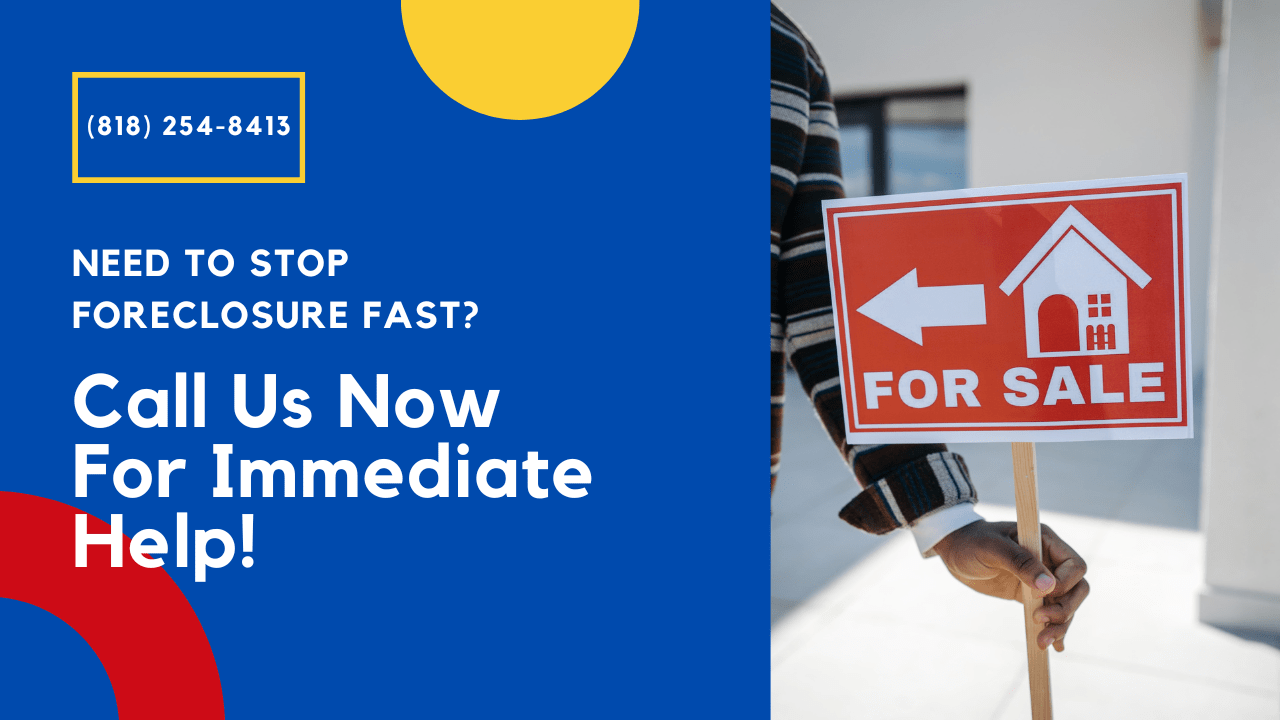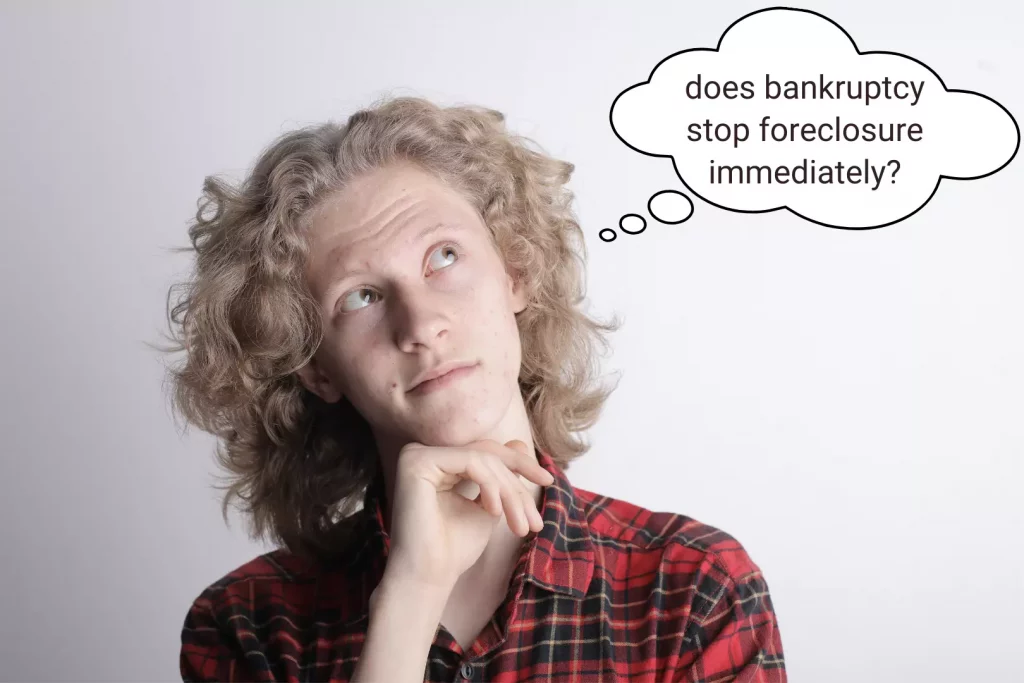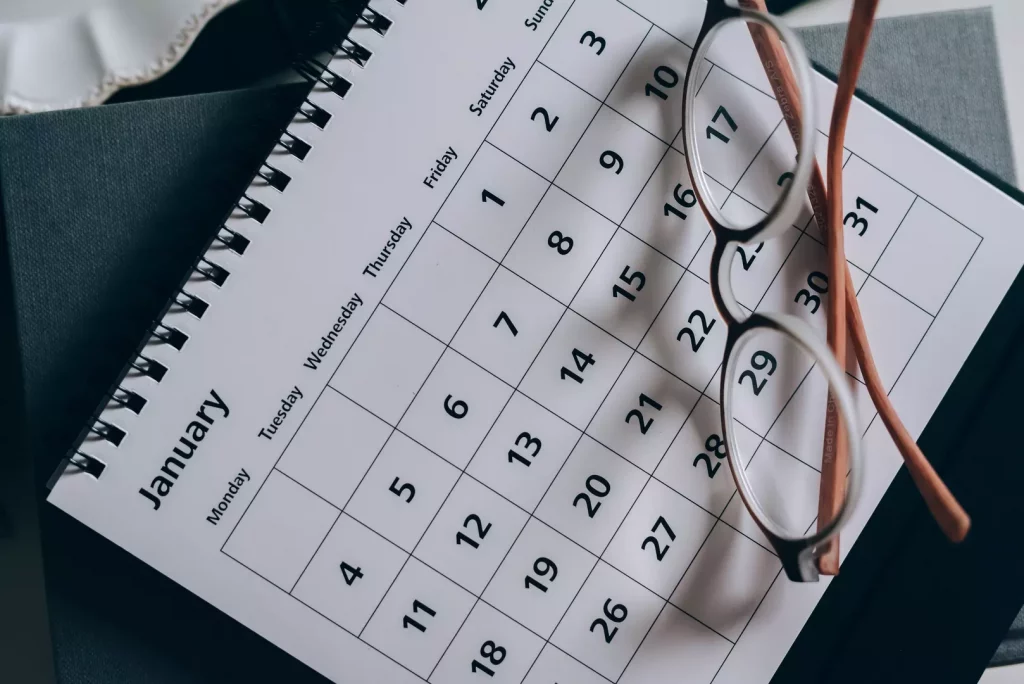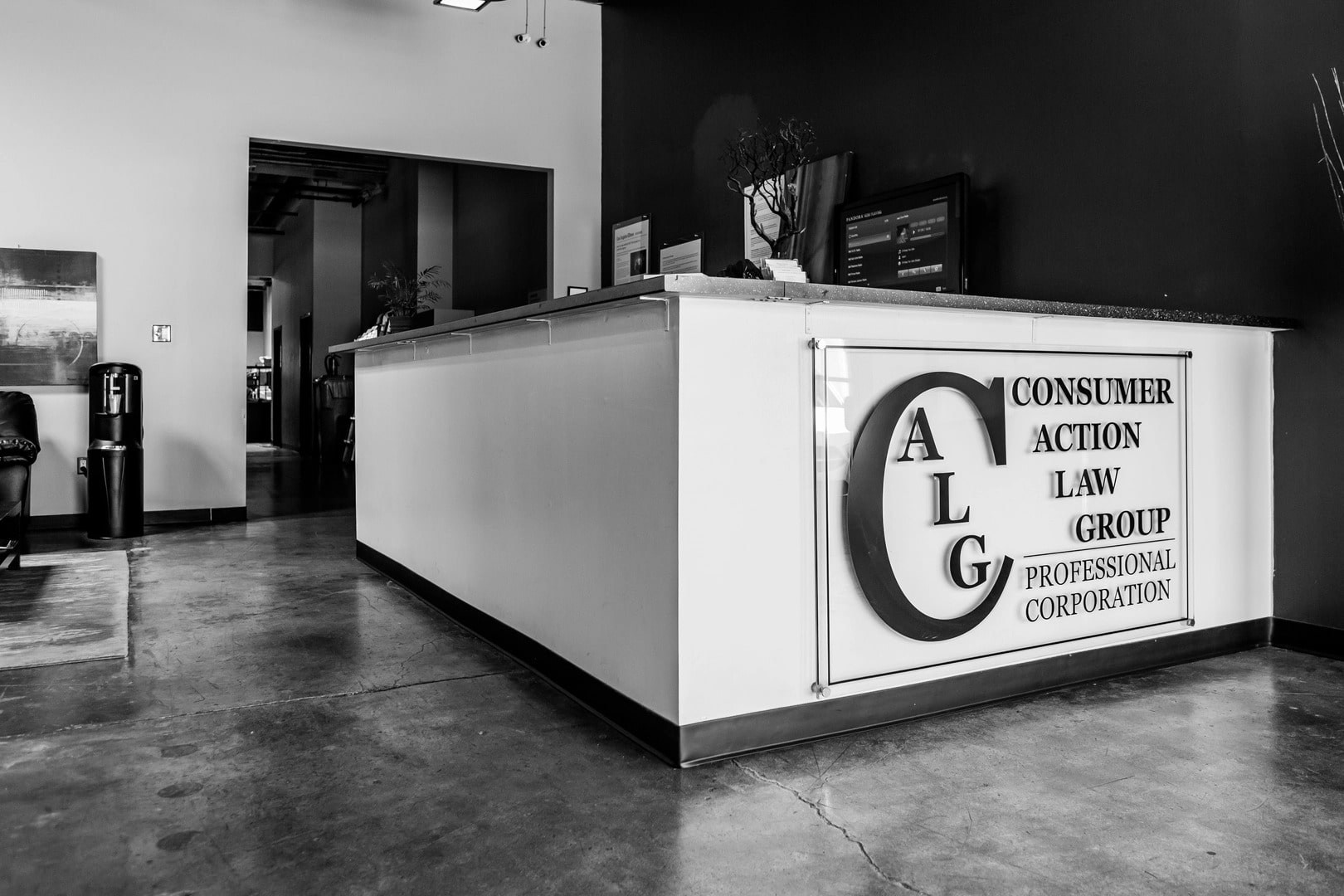
There are few things in life as stressful as the pain felt by those facing foreclosure. There are several ways to stop foreclosure immediately and the obvious way is by catching up on missed monthly payments. By contacting the lender, one can easily determine how much is past due and work out an arrangement to make outstanding payments. However, those facing financial hardship may find this easier said than done. Another way to stop foreclosure is by filing a Chapter 13 bankruptcy. Our team can tell you if this is one of the best ways to stop foreclosure immediately.
Chapter 13 is a process that allows one to reorganize outstanding debts, including the mortgage, and wipe out credit cards and medical bills. By filing, you will immediately stop a foreclosure proceeding dead in its tracks. Other options involve contacting the lender and discussing options to create a re-payment plan for arrears or to take a temporary break from making payments with forbearance. Housing counselors in the loss mitigation department are typically available to talk to borrowers facing hardship. Several options for hardship include plans for repaying arrears, forbearance agreements, loan modifications, short sales, or a deed in lieu of foreclosure.

What is the Single Most Effective Way to Immediately Stop the Foreclosure Process?
Chapter 13 bankruptcy is very effective for those facing foreclosure in that it immediately stops the foreclosure process. By bringing your missing monthly mortgage payments current, you can often avoid foreclosure in a court-ordered plan to catch up and remain in your home. You would need to contact our attorney to discuss the outstanding balance and see if a payment plan makes sense for you.

How Does Filing Chapter 13 Bankruptcy Work?
Filing Chapter 13 bankruptcy will immediately stop non-judicial foreclosure. Again, this is a plan to re-organize your debts by allowing you to create a repayment plan with your creditors under the supervision of the courts. This would include unsecured debts (such as credit cards), auto loans, and mortgages. The filing of a Chapter 13 bankruptcy will create an automatic stay on any part of the foreclosure, including the foreclosure sale.
Anybody considering Chapter 13 would need to qualify for bankruptcy and provide proof of income as well as tax returns and bank statements. A person filing Chapter 13 needs to prove that there are sufficient means to cover the mortgage, gas, groceries, utilities, and a payment towards the past due mortgage payments [calculated in a plan].

How Can I Catch Up on Mortgage Payments That I Missed That Caused My Foreclosure?
Often, after 3 missed payments, your lender will file a Notice of Default. That is your official notice that the lender is planning to foreclose. If you have fallen behind on your mortgage, and you need a plan to avoid foreclosure, there are several ways the catch up on missed mortgage payments. First, you can negotiate a repayment plan directly with your lender. In some cases, a mortgage company may want to avoid the expense and hassle of foreclosing. This term is known as loss mitigation.
If that does not work, filing a Chapter 13 bankruptcy may be a viable strategy, allowing you to catch up with a court-ordered repayment plan. At the end of a Chapter 13 bankruptcy plan, your loan will be in good standing and you will keep your home.
Does Bankruptcy Hurt My Credit Score?
Chapter 13 bankruptcy will not necessarily hurt your credit score. Filing bankruptcy could initially lower your credit score, but in many cases, credit scores improve after filing. Missing mortgage payments, however, will be considered negative marks on your credit report and bring your score down. Any missing mortgage payments will be reported to the credit bureaus, on behalf of the lender, by the loan servicer. A bankruptcy, as well as late mortgage payments, will appear on your credit report.
What Happens to My Mortgage Loan After Filing for Bankruptcy?
After filing for bankruptcy, a trustee will be appointed to review a payment plan, which will require that you make a monthly payment to the trustee’s office. This payment would include money for past-due mortgage debt as well as other debts included in the plan. You would also need to continue making payments in a timely fashion for your existing mortgage. The payment plan is for delinquent payments only.
Is Bankruptcy One of the Best Ways to Stop Foreclosure Immediately?
Filing Bankruptcy immediately & automatically stops foreclosure. Filing bankruptcy can help you avoid foreclosure and keep your home since it stops the foreclosure process in its tracks. Remember, bankruptcy is merely a federally sanctioned repayment plan; where you would still need to repay past due mortgage payments.

Do I Need to Hire a Foreclosure Attorney to Stop Foreclosure?
If you are unable to negotiate a workable repayment plan with your lender, a foreclosure attorney may be of great assistance in helping you to stop your foreclosure sale. Our attorney can advise when it makes sense to file bankruptcy, or whether you should explore other loss mitigation options outside of a bankruptcy filing.
What Are Other Ways to Stop Foreclosure Immediately?
There are several other strategies that can be used for avoiding foreclosure. In short, you can avoid foreclosure with the cooperation of the lender with a forbearance, loan modification, or a short sale. All of these options fall under the category of “loss mitigation”. Under federal law, once a borrower is 45 days delinquent on their mortgage, the servicer (entity receiving the mortgage payments) will contact the borrower with loss mitigation options. These options are usually mutually beneficial to the lender and the borrower, with the objective being to try to keep the borrower in their home.
What is Forbearance?
Simply put, forbearance is a plan made between the lender and a delinquent borrower to repay missed payments and bring the mortgage obligation current. The time frame agreed upon to accomplish this is known as the forbearance period.
What About a Loan Modification?
Another option may be a loan modification. As the name implies, a lender may modify the terms of a loan in order to help avoid foreclosure. These terms may include the balance, the interest rate, and the monthly payment. Usually, a lender will initially set a borrower up with a trial modification, as a test to see if the borrower can make the new mortgage payment. If it proves workable, the lender may make the modification permanent. When 3 or more trial payments are made, this typically constitutes acceptance of the terms for a permanent modification.
What is a Short Sale?
A borrower may also have the option of a short sale, which is when a borrower sells the property for less than is owed on the mortgage. A lender has to agree to a short sale, and may sometimes agree to not pursue the borrower for the deficiency (the difference between the sale price and the amount owed on the mortgage). While a short sale may not hurt your credit as much as a foreclosure, it will, nevertheless, be a negative report on your credit. Short sale approvals from lenders are, generally, very paperwork intensive, and an attorney may be helpful in assisting with the process.
Can I Just Walk Away and Turn In My Keys?
If all else fails, a delinquent borrower may avoid foreclosure by just walking away from the property. This is accomplished by simply turning it over to the lender in a process known as deed-in-lieu of foreclosure.
When Do Foreclosure Proceedings Begin in California?
California is a non-judicial foreclosure state. In short, lenders do not need to take you to court to begin a foreclosure proceeding. Lenders can begin foreclosure merely by filing a notice of default with the county where the property is located. This usually occurs when the mortgage becomes 120 days (4 months) past due. Once filed, the homeowner has 90 days to bring payments current. If the delinquent mortgage is unsatisfied after 90 days, the lender will file a notice of sale with the respective county. Approximately 3 weeks after that, a foreclosure sale would occur. At that time, your home would be auctioned off.
Technically, a (non-judicial) foreclosure proceeding begins when you receive a “Notice of Default” (NOD) from your lender. The loan servicer generally will generate a NOD when you are 120 days (4 months) behind on your monthly payments. At this point, you generally have 90 days to bring your mortgage payments current with your lender.

What is the Timeline for a Foreclosure Sale?
After receiving a Notice of Default, the homeowner will have 90 days to bring mortgage payments current or work out a re-payment plan with the lender. After that, if the mortgage delinquency is still unsatisfactory, the lender will file, and record, a Notice of Sale. After this is filed, your house may be sold at auction within as little as 21 days.
How Long Will It Take Before My House Is Sold at Auction?
Your home may be listed as pending foreclosure if you fall 90- 120 days behind on your mortgage. After receiving a Notice of Default and Notice of trustee sale, your house may be sold within as little as 21 days.
How Does the Federal Law Work in Chapter 13 Bankruptcy?
A Chapter 13 Bankruptcy will provide an immediate and automatic stay to the foreclosure process thereby immediately stopping a foreclosure sale. Since a BK-13 offers the opportunity to structure a workable debt repayment plan, this should provide some mortgage relief for the filer.
Who Should I Call for Legal Advice on the Ways to Stop Foreclosure Immediately?
It is usually best not to go it alone when fighting a foreclosure. A law firm that is skilled at helping clients file for bankruptcy is the best advocate in your corner.
The lawyers at Consumer Action Law Group know how to stop foreclosure immediately. Our lawyers walk you through the best way to pay your remaining balance when you have fallen behind, and we help you to bring your loan current in a court-supervised repayment plan. We offer free legal advice and we have filed hundreds of cases just like yours. Call us today and talk to our lawyers for free legal advice: 818-254-8413.
How Do I Find a Good Foreclosure Lawyer?
These are the steps we recommend taking to find a good foreclosure lawyer. A good foreclosure attorney should offer a free evaluation, and can usually tell you on the phone whether you will qualify for Chapter 13 or other options to stop foreclosure on your home.
If you are intent on avoiding foreclosure, and you are worried about your personal liability, your search to find foreclosure lawyers may be over. The lawyers at Consumer Action Law Group have stopped hundreds of foreclosures and offer free legal advice to anyone facing foreclosure. Call today to talk to our top-ranked lawyers for free at 818-254-8413.










